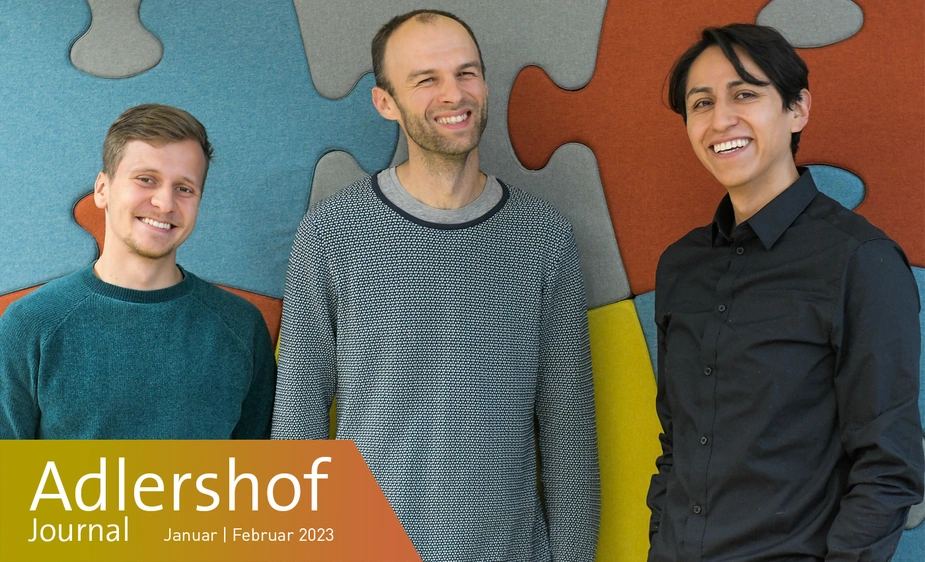Step by step
The start-up Pendulum is simplifying gait analysis
Staying fit into old age – who wouldn’t want that? However, the first signs of diseases are typically only visible to people who have the necessary training and expertise. Medical professionals call these changes biomarkers and they are often used to see whether something is wrong with our bodies. The way we walk is one of them.
“Gait does more than reveal how well our body responds to treatment, for example, after an injury,” explains Alexandru Dancu. “Based on various patterns, it can also help us draw general conclusions about a person’s health. They can include orthopaedic problems or the progress of rehabilitation and recovery. Moreover, there is even a correlation with mental and neurological diseases such as depression and dementia.” The computer specialist discovered the topic because he noticed small changes in the pattern of his grandmother’s steps. Working as a post-doc in a Singapore-based centre for frailty piqued his interest in this topic even more. “Gait analysis is nothing new. It is often used, for example, in professional sports,” he says. “However, the equipment needed is very complex and expensive. Athletes are put on special treadmills and measured out by several cameras.” This is less convenient for everyday medical practice.
However, medical and psychological staff frequently use ordinary mobile phones to record their patients’ condition before and after treatment. To be sure, these evaluations are often subjective and often get lost in the mobile phone’s image galleries. “This is where we can help,” says Esteban Tapia. “Which is why Alex and me founded Pendulum.” Since he has done it already on three continents, Tapia is responsible for developing and bringing to market innovative products. “At Pendulum, we use tools from the field of artificial intelligence (AI) to analyse the mobility and step patterns in such video material,” he summarises. “From this, we create an automated report on the range of motion, body mobility, and gait. These are excellent biomarkers indicating the general state of a person’s health.”
The medical tech start-up’s service, which is being funded by the Adlershof Founder’s Lab, consists of two parts – video analysis and a wearable. For video analysis, doctors need only record a short clip of the walking movement of a patient. The file is uploaded and analysed using Pendulum’s cloud service. Less than an hour later, a comprehensive analysis is available. The wearable further extends the analysis. It is clicked on to a person’s shoe and then records the parameters of walking movement – for example, the angle between the sole and the ground when the foot is lifted or put down – with high precision. These data, too, are subsequently analysed.
“We are working on an AI model that integrates several parameters like mobility and gait and correlates them with the biological age of a person,” says Alex. Biological age is not based on the number of birthdays you have celebrated. Rather, it is a personalised health marker, a type of catchy number describing the condition of one’s body. “Moreover, our assessment can provide insight into whether severely ill patients are at risk of falling,” he adds. According to a recent study, Alzheimer’s can be detected at an early stage now based on gait. “We have developed use cases for motion analysis with a focus on physiotherapy and are currently looking for investors,” says Esteban. “Once we’ve secured funding, we will bring these technologies to market maturity, including the wearables.”
Kai Dürfeld for Adlershof Journal
